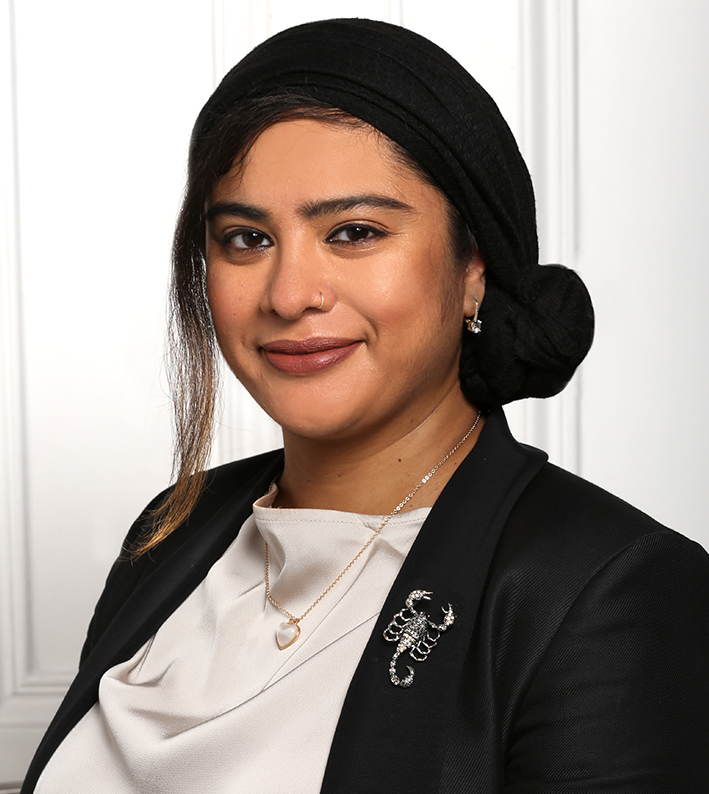I was part of the pro bono legal team which drafted the Marriage and Civil Partnership (Minimum Age) Act 2022; this started off as the campaign “Safeguard Futures Ban Child Marriage” which was jointly led by IKWRO and Karma Nirvana and I was invited to join the team in 2018. My journey of joining this team was a culmination of my legal practice and specialist legal research by virtue of which the UN recognised me as an authority on child, early and forced marriage.
I was trained, supported and mentored by the late Anne-Marie Hutchinson OBE, QC (Hon), who encouraged me to develop my legal practice and research. In 2015 I took a sabbatical and conducted research in Bangladesh where I was based at Bangladesh Legal Aid Services and Trust, a leading human rights charity and I conducted research on Bangladesh’s commitment to end child marriage by 2030. I conducted comparative research on the legislative mechanisms available in Bangladesh and that in the UK. As a result of this research I was invited to Geneva by the United Nations as an expert on forced and child marriage in the UK to share my findings from this research. Whilst the age of consent to marry in 2014 in Bangladesh was 18 for women, Bangladesh quoted England and Wales to justify an amendment in the legislation to introduce “special circumstances” where judges could allow marriages to take place for girls under the age of 18. The UK, whilst being one of the largest funders to contribute to global campaigns against child marriage, was also setting a bad example.
I was subsequently awarded a Fulbright scholarship in 2017 and I undertook research on child and forced marriage in the USA at Cornell University. The situation in the US is also challenging as some states have no minimum age for marriage and nor is there any child and forced marriage specific legislation.
Upon return to England in 2018 I was invited to join the pro bono legal team of the “Safeguard Futures Ban Child Marriage” campaign and my research from Bangladesh and the US was utilised to shape the campaign.
In 2021 I was invited to speak on the Family Justice Council’s annual debate panel to explore whether England and Wales should lower the age of majority from 18 to 16. I argued against this motion, alongside Deirdre Fottrell KC. I quoted examples of the harmful effects of child marriage on girls in England and Wales, and the way this harmful practice disproportionately impact girls of minority and marginalised communities. We won the debate, which was chaired by the President of the Family Law division.
I was actively engaged in drafting and shaping the Marriage and Civil Partnership (Minimum Age) Act 2022. This legislation has criminalised child marriage in the UK and also safeguards children by removing the exception of allowing under 18s to get married with “parental consent”. This legislation came into effect on 27 February 2023. And this year marks its one year anniversary; one year of knowing the onus is no longer on young girls to protect themselves, but it is the state’s responsibility to ensure they safeguard them from child marriages.
Should you need any advice about family proceedings concerning children, we at Dawson Cornwell would be happy to assist you with this. Please do not hesitate to contact us on +44 (0)20 7242 2556 or mail@dawsoncornwell.com. In particular we have expert advisers on the specialist area of child, early and forced marriage.
Shabina Begum

Please note that this blog is provided for general information only. It is not intended to amount to advice on which you should rely. You must obtain professional or specialist advice before taking, or refraining from, any action on the basis of the content of this blog.